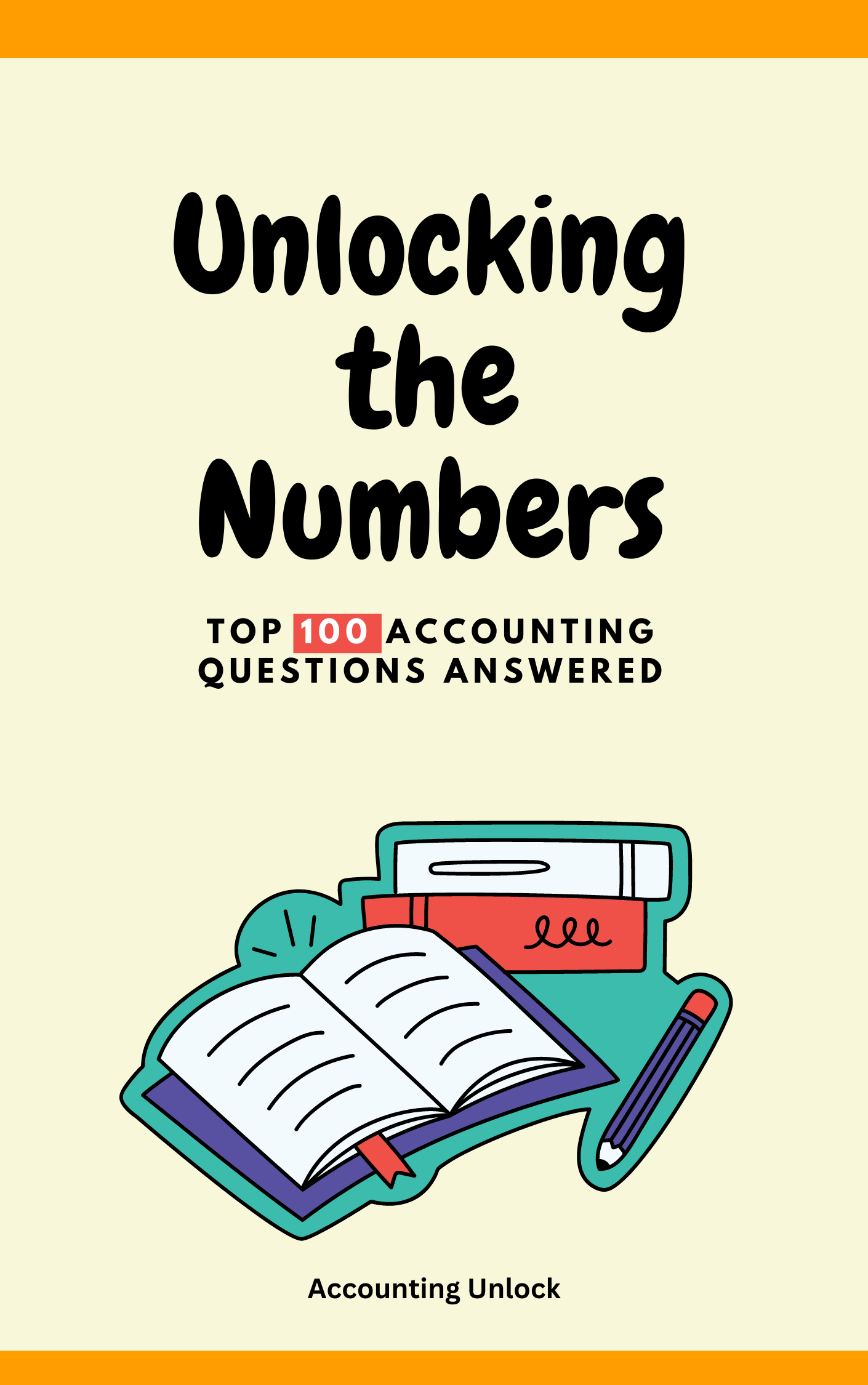Ah, young financial detectives! Ever dreamt of owning a treasure chest overflowing with sparkling gems, each one worth its weight in gold? Well, “fair value” is like the magic magnifying glass that helps you peek inside each gem and see its true worth, not just the dusty price tag someone stuck on it! Think of it as the real market value of anything, from lemonade stands to spaceships, revealed under the bright light of financial truth.
Imagine you’re a pirate captain with a chest brimming with doubloons, each stamped with a number. But are those numbers true? Maybe some doubloons are actually ancient gold worth a fortune, while others are just shiny fakes! That’s where fair value comes in, like a trusty pirate map leading you to the true worth of each treasure.
Why is fair value important in accounting?
- Accurate picture: Knowing the fair value of assets and liabilities gives a true picture of a company’s financial health. Think of it as cleaning out your treasure chest and valuing each doubloon honestly, not just clinging to dusty price tags.
- Informed decisions: Investors and lenders use fair value to make smart choices about businesses. A ship overflowing with fake gold doubloons won’t attract many interested parties, right?
- Better comparisons: Fair value allows you to compare companies of different sizes and industries more accurately. It’s like having a universal language for treasure valuation, so you can compare your pirate loot with any other captain’s haul.
How is fair value handled in accounting?
- Market magic: Accountants use various methods to estimate fair value, often based on what similar things are selling for in the market. Think of it as asking other pirates what their doubloons are worth, then averaging it out to get a fair price.
- Not always black and white: Sometimes, figuring out fair value can be tricky, like valuing a one-of-a-kind pirate map. There’s no exact match in the market, so accountants need to use their best judgment and consider different factors.
- Financial statements: You might not see “fair value” directly on a company’s statement, but its impact is hidden in things like asset valuations and profit calculations. Be a financial detective and sniff out those hidden fair value adjustments!
Key points about fair value:
- The estimated market price of an asset or liability, not just its historical cost.
- Important for accurate financial picture, informed decisions, and fair comparisons.
- Determined using various methods and can be challenging for unique assets.
Remember, young sleuths, mastering fair value is like having a secret decoder ring for the market. It equips you to understand company worth, make smart financial decisions, and build your own treasure chest overflowing with knowledge! So keep learning, keep exploring, and keep digging for financial wisdom wherever you find it!





